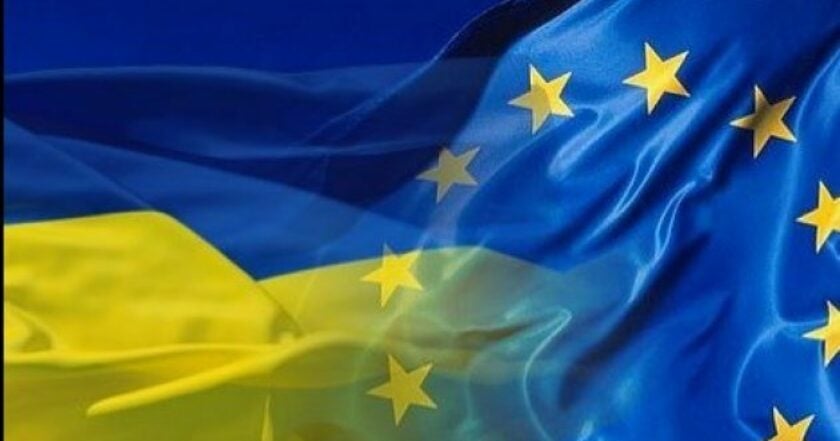EU readies plan to deliver tens of billions in military aid to Ukraine

Amid challenges in the United States with the further supply of military aid to Ukraine, EU officials are considering a new plan.
This proposal would enable Kyiv to receive substantial military assistance, totaling tens of billions of dollars, despite internal differences within the EU, Rubryka reports, referring to DW and The Wall Street Journal.
According to a confidential draft plan mentioned by the publication, the EU would allocate €20 billion from its fund to EU countries as compensation for providing Ukraine with "tens of billions of euros" in military aid over the next four years. This plan has been under discussion within the EU for several weeks and was officially presented on January 19.
During the Russia-Ukraine war, the EU began utilizing funds from the European Peace Fund (EPF) to finance lethal weaponry for Kyiv, as reminded by journalists.
Within a year, €5.5 billion was reimbursed to EU countries that supplied Ukraine with weapons, mostly from their stockpiles of ammunition, tanks, and anti-aircraft missiles.
However, for the past six months, Hungary has been blocking payments under a long-term military aid program for Ukraine, which involves allocating €50 billion to Kyiv by 2027.
Currently, the EU's foreign policy service suggests creating a special military fund for Ukraine. Approximately €6.5 billion from EPF assets will be directed to this fund, contributing up to €5 billion annually from 2024 to 2027, according to WSJ.
"The idea is to use this money to cover the costs of joint purchases by several EU member states of military assistance, such as ammunition, drones, and anti-aircraft missiles, to be transferred to Ukraine. The rest of the money will go towards increasing expenses under the EU military training program for Ukrainian soldiers, which has already trained 40,000 servicemen," the publication states.
Before the new plan takes effect, there will be a transitional period. According to rough estimates, the EU may offer compensation to member countries for military assistance to Ukraine, totaling €7.5 billion this year.
The advantage of this plan lies in allowing EU countries with limited ammunition resources to pool their efforts during joint procurement. The article says that the fund's structure will help avoid regular payments, which Hungary has previously blocked or used as leverage to demand something in return.
Germany and several other countries' bilateral aid to Ukraine can be credited towards their contributions to this fund.
The new plan for providing military aid to Ukraine is expected to be discussed at the EU summit on February 1. However, the final decision on it may take weeks.
The President of the European Commission, Ursula von der Leyen, stated that EU agreements contain very clear rules for resolving disputes within the European Union. Therefore, the European Commission hopes for a positive decision by the future European Council to allocate €50 billion in aid to Ukraine over the next four years.
At the same time, the European Commission is preparing alternative solutions in case an agreement is not reached among all 27 EU countries.
Background
On November 9, the European Commission proposed a support package for Ukraine totaling up to €18 billion for 2023. This aid will be provided through concessional loans, paid in regular installments starting from January 2023.
On December 13, EU ambassadors unanimously approved a decision to provide Ukraine with €18 billion in macro-financial assistance. However, concessions had to be made to Hungary, which had blocked this decision.
After months of disagreements, Budapest finally agreed to the package after securing what it described as a concession from the EU regarding assistance to Hungary.
In response to whether the EU would pursue this path again if Hungary blocked aid, EU Commissioner for Trade Valdis Dombrovskis said this week, "Last year, we did indeed discuss a 'Plan B'… But we managed to avoid this scenario last year. I hope we will manage to avoid this scenario again this year."
Bloomberg reported that the alternative proposal would include national guarantees from EU member states to secure financing on markets if Budapest blocks the review of the EU's long-term budget, including the Ukraine aid package.
Rubryka reported that the EU has a Plan B for the new aid package.





















































